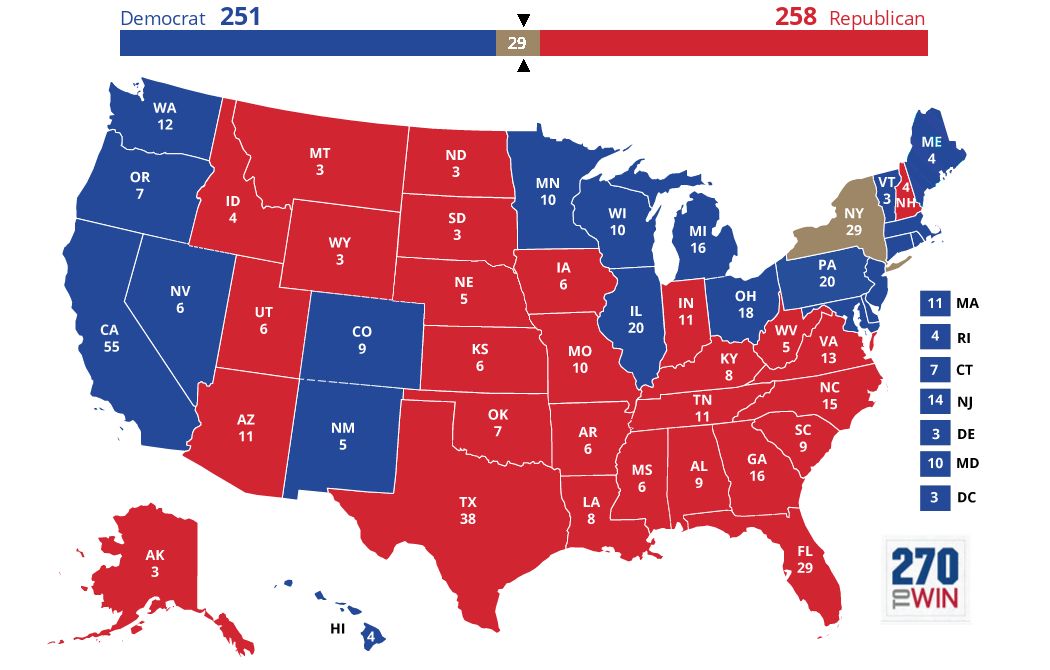Bloomberg Says He Will Not Be Responsible for a Donald Trump Presidency

Despite increased rumors and evidence of a possible Michael Bloomberg presidential run, the former mayor of New York announced Monday that he is going to stay out of the race. Bloomberg said that a three-way race between him and the Republican and Democratic nominees would possibly benefit only one person: Donald Trump.
Bloomberg tore into the Republican front-runner in his editorial, saying Trump has run "the most divisive and demagogic presidential campaign I can remember, preying on people’s prejudices and fears.”
"Threatening to bar foreign Muslims from entering the country is a direct assault on two of the core values that gave rise to our nation: religious tolerance and the separation of church and state. Attacking and promising to deport millions of Mexicans, feigning ignorance of white supremacists, and threatening China and Japan with a trade war are all dangerously wrong, too. These moves would divide us at home and compromise our moral leadership around the world. The end result would be to embolden our enemies, threaten the security of our allies, and put our own men and women in uniform at greater risk." - Michael Bloomberg
He added that Ted Cruz, who is not far behind Trump in the GOP contest, is no less extreme, and no less divisive.
Bloomberg believes that a three-way race including him would not produce an electoral majority (270 electoral votes). In the mainstream political environment, this outcome is about as unlikely as an electoral tie, and would require Bloomberg to win either a major state or a handful of smaller states.
Take this map as an example of how this might happen if Bloomberg took New York and the major party tickets divided the battleground states:
Much like an electoral tie, it is possible; it is just highly unlikely. But like an electoral tie, the next president would be chosen by the U.S. House in the event no candidate reaches an electoral majority, which is what concerns Bloomberg.
"Party loyalists in Congress -- not the American people or the Electoral College -- would determine the next president," he says.
The Republican-controlled U.S. House will no doubt choose the Republican nominee, no matter who actually wins the popular vote.
"I love our country too much to play a role in electing a candidate who would weaken our unity and darken our future -- and so I will not enter the race for president of the United States," Bloomberg writes.
"However, nor will I stay silent about the threat that partisan extremism poses to our nation. I am not ready to endorse any candidate, but I will continue urging all voters to reject divisive appeals and demanding that candidates offer intelligent, specific and realistic ideas for bridging divides, solving problems, and giving us the honest and capable government we deserve." - Michael Bloomberg




